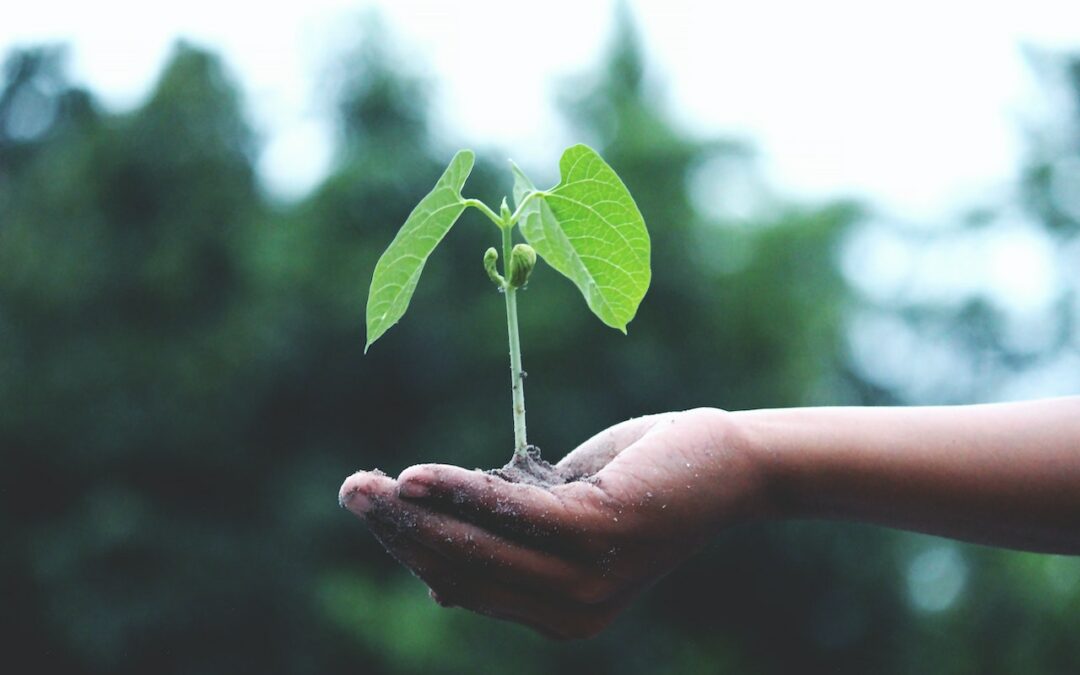
Funding boost to cut cotton industry's emissions
A project to reduce greenhouse gas emissions from cotton production systems has received $1,985,000 from the federal government’s Climate-Smart Agriculture Program Partnerships and Innovation Grants Round, and $800,000 from the Cotton Research and Development Corporation (CRDC).
Called ‘Climate Smart Cotton — reducing nitrous oxide emissions with enhanced efficiency fertilisers’, the project hopes to help Australia to become the preferred international supplier of low-emissions fibre.
The primary goal of the project is to demonstrate to cotton farmers that the use of enhanced efficiency fertilisers (EEFs) would significantly reduce emissions of nitrous oxide, said principal researcher Professor Peter Grace, from QUT’s School of Biology and Environmental Science and Centre for Agriculture and the Bioeconomy.
Nitrous oxide is a potent soil-borne greenhouse gas, produced from the application of nitrogen sources, mainly mineral fertilisers, to increase crop production, Grace said.
“Australia’s cotton industry is primarily irrigated and has traditionally not used EEFs; however, we have evidence from grains cropping that an 80% reduction in emissions could be achieved in cotton production with the use of EEFs,” Grace said.
“EEFs are designed to maximise the amount of nitrogen available and reduce the losses of nitrogen, thereby reducing global warming and water pollution.”
Grace said the project would work directly with the cotton industry and could have application in other irrigated crops, such as maize, wheat and rice, and potentially horticulture.
“Increased nitrogen efficiency will lower the amount needed per unit of fibre or grain, reduce costs and increase profitability,” he said.
“Cotton manufacturers will pay a premium for low-carbon fibre, also contributing to greater profit for producers.”
QUT is partnering with state governments, the CRDC and companies with a long history of the sustainable management of Australia’s cotton industry.
“The consortium has developed over 20 years, with QUT collaborating with CRDC, CottonInfo and the NSW Department of Primary Industries and Incitec Pivot Fertiliser to determine the on-farm emissions of nitrous oxide from cotton production across Australia,” Grace said.
“We are collaborating with Nutrien Ag Solutions, a multinational enterprise which provides expert agronomic services for effective nitrogen fertiliser management and has strong links to thousands of farmers.”
CRDC Innovation Broker Nicola Cottee said the project underscored the cotton industry’s commitment to innovation and sustainability.
“Under our CRDC Strategic Plan, ‘Clever Cotton’, our goal is to establish a sustainable low-carbon cotton production system. Through our research partnerships, we aim to provide cotton growers with the tools and knowledge they need to reduce their environmental footprint.
“This project is a crucial piece of the puzzle. The potential to achieve a significant reduction in nitrogen fertiliser emissions via EEFs is a game changer for cotton.
“We’re excited about the potential of this project and the positive impact it will have on our industry and the environment,” Cottee said.
The project team comprises principal researcher Grace along with researchers Professor David Rowlings and Dr Naoya Takeda, all from QUT; and Dr Guna Nachimuthu, Dr Aaron Simmons and Dr Graeme Schwenke — all from the New South Wales Department of Primary Industries.
Image credit: iStock.com/Alfio Manciagli




